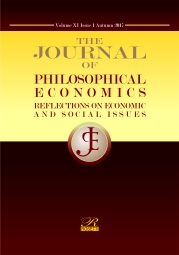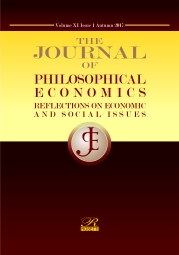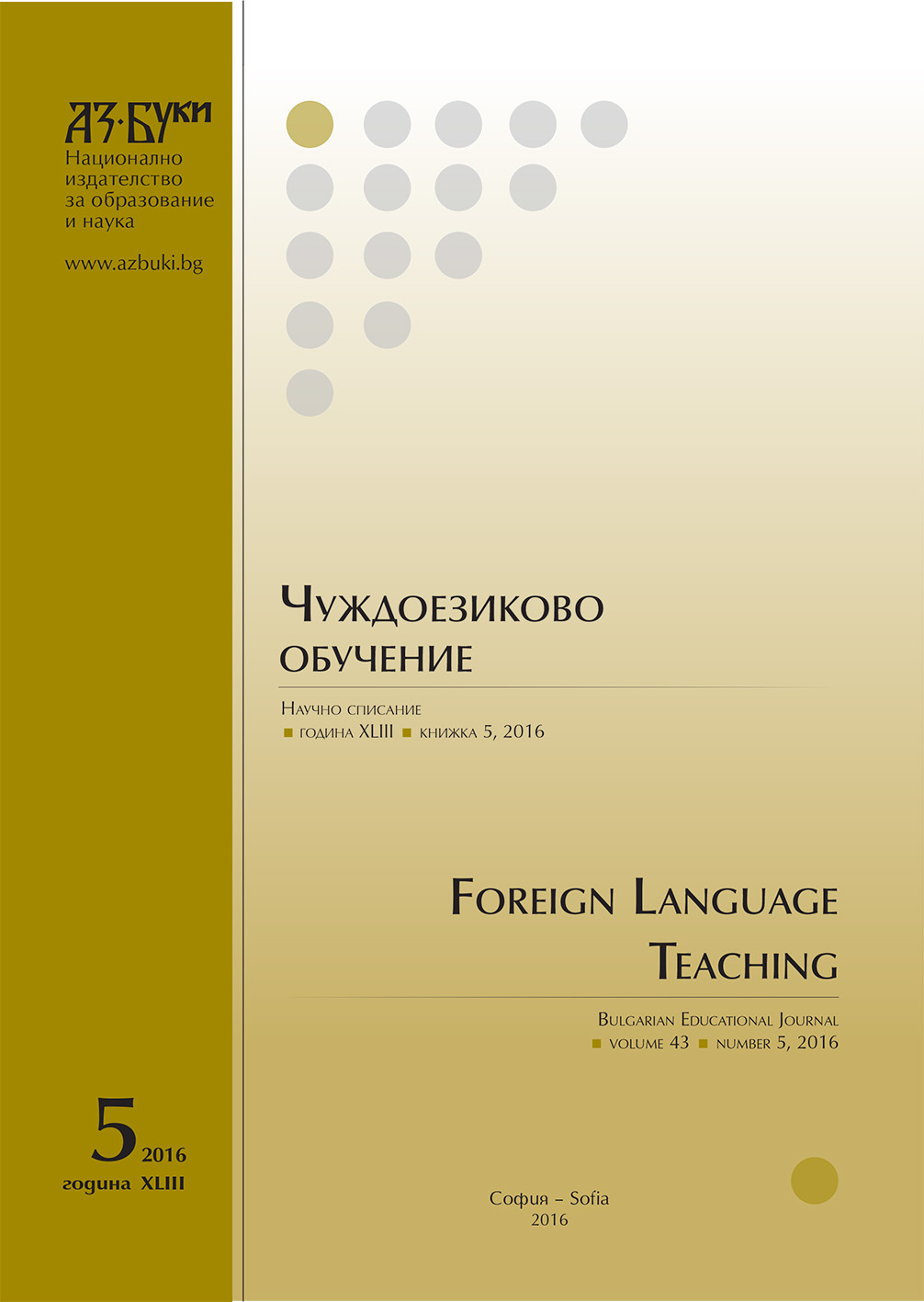
Incentives and reflective equilibrium in distributive justice debates
For the last thirty years one of the dominant economic policies has been the cutting of the top marginal tax rates. While this policy has been partly motivated by the self-interest of high income earners, it also has had considerable theoretical support from a wide range of distributive justice theorists starting with John Rawls’ A Theory of Justice in 1971. Rawls argued that if the incentives created by inequality maximized the position of the least advantaged then they were morally justified. There have been many variants of this position since. The most common theme of them is that incentives to work harder and innovate, although creating inequality, are morally justified because of the greater good generated by the resultant increase in GDP. The main policy instrument available to governments to create such incentive has been the cutting of the top marginal income rates and this has been done systematically across all industrialized nations. The method of wide reflective equilibrium requires us to use the best consensus from economics in our reasoning about distributive justice. The systematic cutting of tax rates over thirty years has provided a reasonable experiment on the thesis that such cutting provides an overall increased labor supply and resultant increase in GDP. The suggestion of this paper is that a reasonable consensus can now be reached that, over the ranges of inequality and GDP that we have had over the last 50 years and are likely to have over the next 50 years, such incentives do not provide the claimed benefits. Hence, we are getting increased inequality for no compensating benefit.
More...



